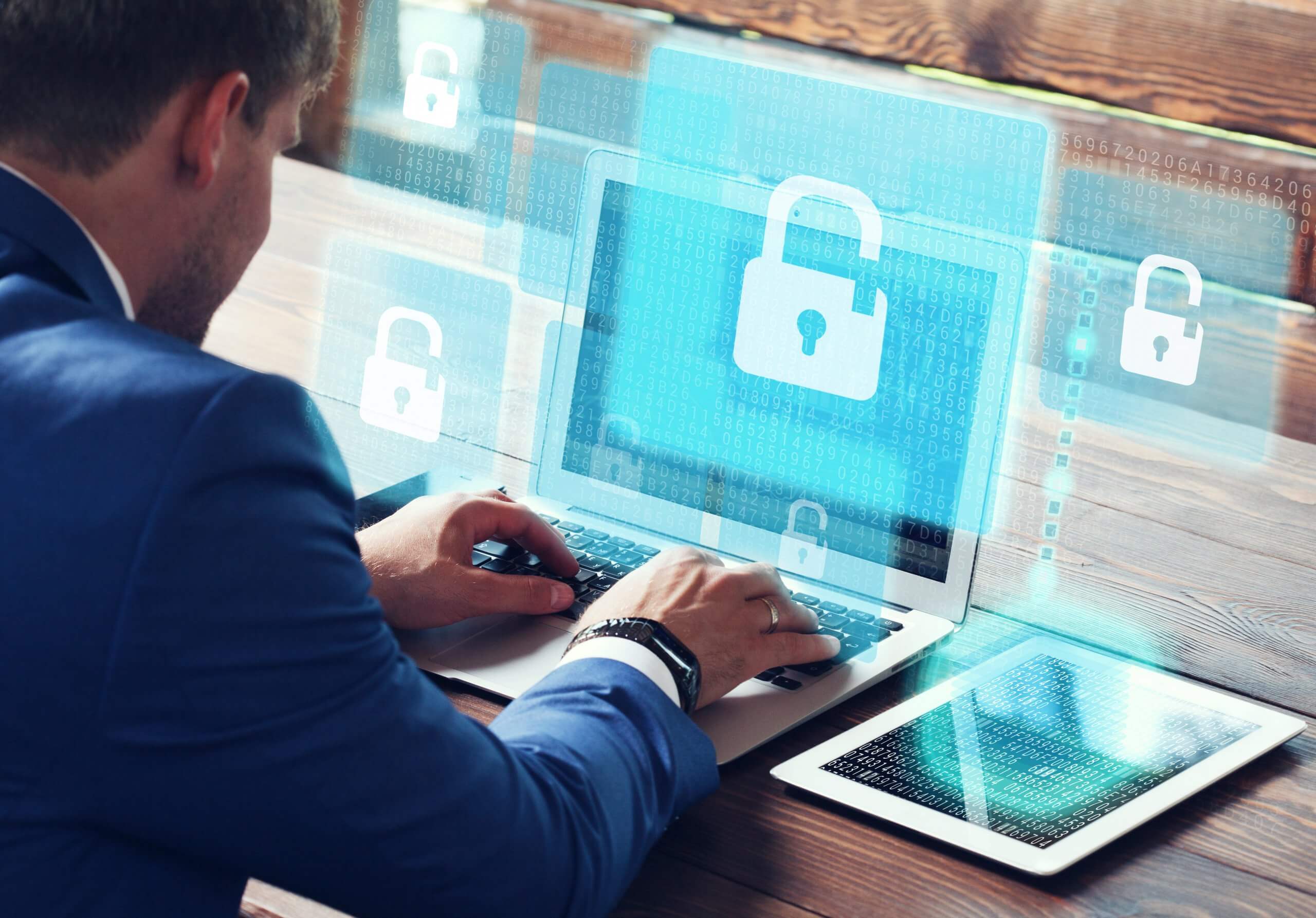LastPass Business protects personal, work and family passwords
Working remotely is set to stay for many enterprises, even when conditions are considered safe to return to the office. Whether due to personal preferences, limited work space or other concerns, employees are keen on having a hybrid workplace as an option, if not the new norm. The Pew Research Center found that 54% of employees would want to continue working from home full-time or at least most of the time, and a third would like to do so some of the time.
The internet makes working from anywhere possible, but it also makes cyber attacks possible anywhere. When the job goes home, the risk comes with it too. Businesses are aware of this. In fact, strong cybersecurity practices are a priority among 85% of businesses, and that starts with the key to the access points: passwords.
“When 80% of breaches involve weak or stolen passwords, and 28% involve small businesses, it’s imperative for businesses of all sizes to take control of employee password security,” said Harvey Grasty, Vice President of business development and strategic partnerships at LogMeIn, the parent company of LastPass – an award-winning and industry-leading password manager.
More than 70,000 businesses are currently using LastPass Business to automate password-related tasks like creating, managing, filing, updating, assigning, sharing and revoking stored passwords. The LastPass Business solution was upgraded recently, with added updates and new features based on user feedback.

Source: LastPass by LogMeIn
“Customer feedback is at the core of these updates to our LastPass Business offering,” said Dan DeMichele, Vice President of product management at LastPass. “Over the last year, we heard their need for better visibility into end-user adoption; a desire to encourage good password habits beyond the workplace, especially as everyone spends more time online; and the requests not to be forced into technology they’re not ready for. We’re confident our customers will be happy to see this feedback come to life with our updated LastPass Business offering.”
The updates include enhanced single sign-on (SSO) and multi-factor authentication (MFA) capabilities. SSO uses a single master password to provide secure cloud access to multiple applications, thus reducing end-user passwords — and thereby the risk of password duplication across different services. Fewer passwords to remember, better security. The basic LastPass Business allows SSO access to up to three cloud applications. Users may opt for the Advanced SSO add-on to lift the limit to an unlimited number of SSO apps.
LastPass offers multi-factor authentication (MFA) to all LastPass Business customers to protect the LastPass vault and single sign-on apps. MFA ensures that only the individuals who should be accessing a resource are authenticated into that resource.
That’s just the basics: advanced MFA can be added if users want to secure all endpoints, such as VPNs, workstations, legacy apps, and more. Advanced MFA improves user identity verification by using a combination of two or more hidden and human factors. The hidden side refers to the behind-the-scenes data available from the user’s smartphone, like geolocation and device ID. The human part is derived from biometrical data such as fingerprints or face ID. Only identifiable users can access the appropriate data, hence more security.
In addition to the SSO and MFA improvements, LastPass also reduces the risk of data breaches and improves employees’ quality of life through ease of use and peace of mind for personal, as well as business protection. A Families as a Benefit feature has been added to LastPass Business at no extra cost. Employees get a premium LastPass account for personal use and can add up to five accounts for their family and close contacts.

Source: Shutterstock
As there are added risks to the family network when someone in the household starts working from home, it makes sense to extend and encourage best password practices and protection for all — especially if they share internet and devices. Each user gets their own unique LastPass account to generate, store, manage and share their own passwords in a zero-trust framework.
That means only the user and no one else, not even the service provider, can access a user’s account. College kids might already be familiar with password managers as some universities are offering LastPass solutions to the student body, like Harvard University and University College London (UCL).
Remote offices, BYOD (bring your own device), and BYOA (bring your own applications) are part of the new workplace norm. Fifteen billion stolen logins are currently circulating on the dark web, and employee password practices often remain the weakest link in a company’s security. LastPass Business simplifies security by lining up layers of identity and access defence mechanisms behind an easy-to-use interface. It’s a robust password manager to protect all aspects of the employees’ digital life — both personal and professional, wherever they are.
To learn why LastPass is trusted by industrial experts worldwide and how it can keep your information secure, private and hidden, click here.









